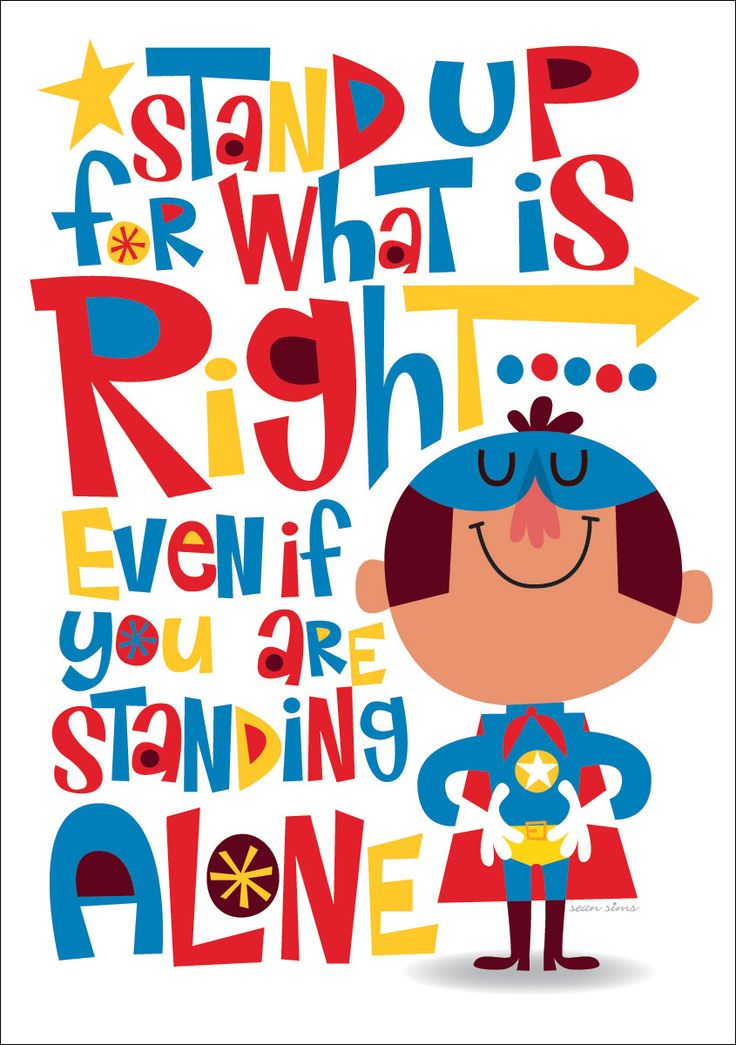Bullying is an incredibly serious and nasty thing. It happens in schools, workplaces, sporting clubs… just about anywhere. And one of the most awful things is when our own children experience bullying. It has the potential to destroy self-confidence and wreak havoc on emotions and relationships. But how do you know if your child is being bullied? What if they won’t tell you that anything is wrong, even though you sense that there is? These are some common signs that will help you to identify if your child is being bullied.
Becoming Withdrawn
If your usually bubbly and chatty child has become withdrawn, quiet and doesn’t want to engage in discussions or family activities, it’s time to gently start asking questions. Often children who are being bullied blame themselves or feel ashamed. This means that they may not willingly tell you about what’s happening to them. Sit down and have a quiet chat with them. Reassure them that everything will be ok and you can deal with any problems together.
School Avoidance
For children, school is probably the most common place for bullying to occur. If a child is being bullied by a classmate or a peer in the playground, their first reaction is generally to avoid the situation, which in this case is school. If your child is refusing to go to school, ask them if they are being made to feel sad or unsafe by anyone at school. Make an appointment with your child’s teacher – you will be able to work together to find out what is happening and develop a plan to end the bullying. It’s really important to make contact with the school. This gives them a heads-up on what is happening and allows them to monitor the situation closely and look at the effectiveness of their bullying programs.
Becoming Emotional Easily
Often children who are being bullied will bottle up their emotions, which will then spill out at any moment or time. If your child seems to be uncharacteristically emotional, or cries and gets angry in situations that wouldn’t normally bother them, it could be a sign that they are being bullied.
Distancing Themselves From Friends
Unfortunately, a lot of bullying can happen within friendship groups. If your little one no longer wants to go to a friends house for a play, or doesn’t want to invite them over, gently ask why. Sometimes it will be as simple as they have found new friends, but it could also be due to bullying.
The most important thing to do if you suspect your child is being bullied is to take action. Talk to your child and their teacher to find out what is going on. Address any issues in a calm and respectful manner. If you find that bullying is occurring, try talking to the child’s parents in a non-confrontational way – chances are they are going to be horrified to learn that their child is bullying others. If you don’t have any success talking to the parents, ask your child’s teacher to follow it up for you, or to organise a meeting with the principal and yourself. The most important thing is to make your child understand that they have done nothing at all wrong and that bullying is completely unacceptable.











